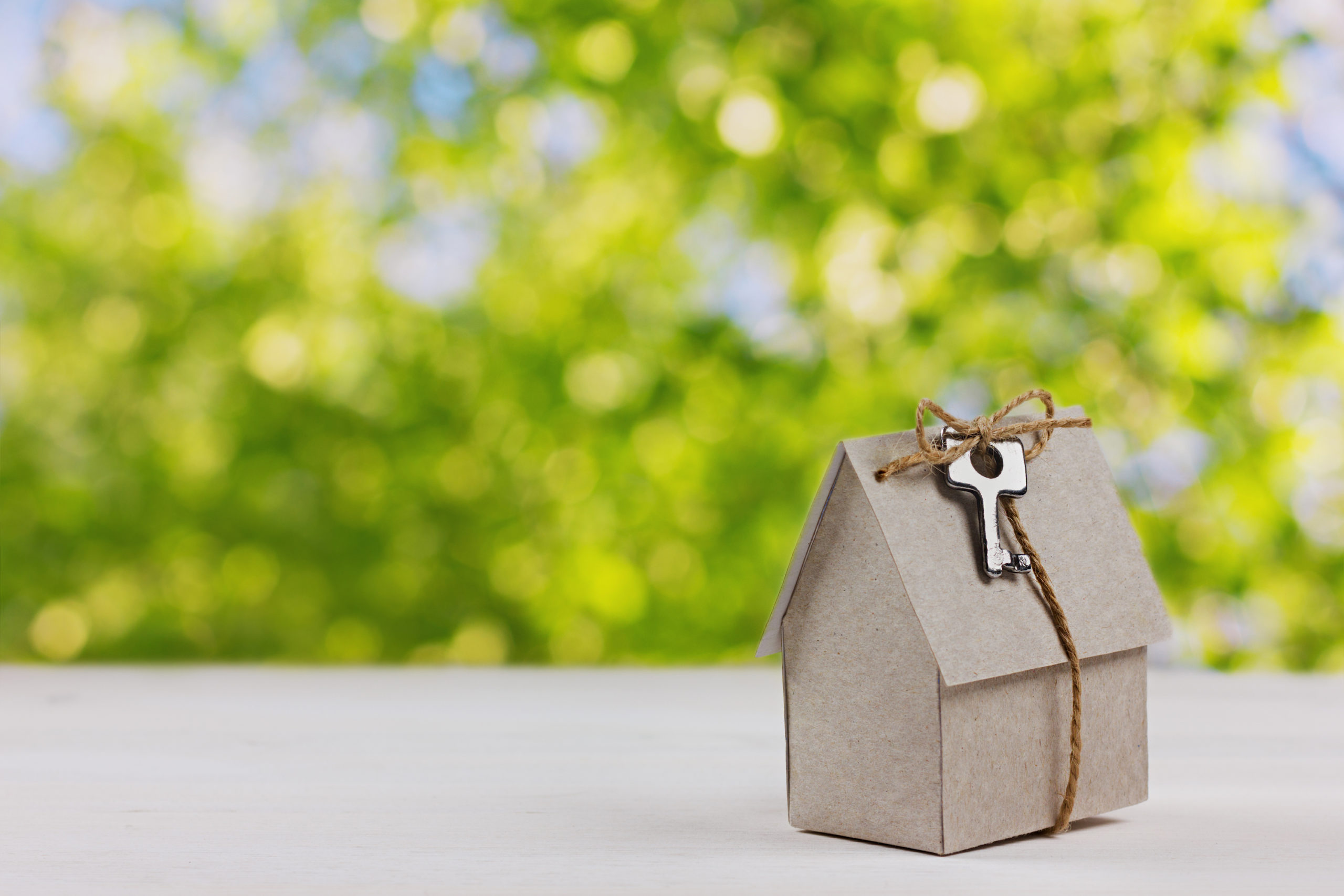
Shared Ownership: Can It Work and Should You Do It?
- 20th March 2018
Written by Samantha Moate

Written by Samantha Moate
House-hunting is a big step for any first-time buyer, and certainly not one to be taken lightly. And as more and more young people struggle to make that step onto the property ladder, Shared Ownership schemes are becoming an increasingly popular option for new homeowners. But what is the Shared Ownership scheme and how does it work? If you’re hunting for your first home on a restricted budget and need a new financial solution, you can discover all you need to know about Shared Ownership right here.
What is the scheme?
Shared Ownership is a part-buy, part-rent government-backed scheme. It allows first-time buyers who can’t quite afford to take out a mortgage on the total asking price of a house to purchase between 25%-75% of a new home. As you then don’t own the full house, you have to pay a subsidised rent on the remaining share (usually to a Housing Association) and can save up to gradually pay off the rest.
Shared Ownership homes are always leasehold, which means that you have the right to occupy your given property for a set period of time. This doesn’t mean that you’re going to get kicked out of your home two years down the line – leaseholds can be up to 999 years (!) – but it just means that you do not completely own the building itself.
If you’re planning on buying a house, then your lease will be classed as ‘full repairing’, which means you’re responsible for all repairs and maintenance to your home – inside and out. For apartments, the lease is slightly different. Rather than having to take care of external areas yourself, you’d be responsible for your internal repairs and have to pay a service charge to cover the cost of any grounds maintenance or communal area cleaning.
What makes you eligible for the scheme?
What do you need to pay?
As well as a 5% deposit, you’ll also need to factor in the standard costs of buying a property such as a reservation fee, mortgage valuation, legal fees and stamp duty. It’s also important to bear any moving costs in mind, as these can soon add up if you need a removal firm!
How do you pay the rest of the costs off?
Buying all of the remaining shares is known as staircasing out, whereas buying just some of the shares is known as partial staircasing. If you do manage to purchase all of the additional shares in your property, you’re likely to become a freeholder rather than a leaseholder. This means that you would now have total ownership of your home and the land it sits on. Some properties will always be leasehold, such as apartments or where the freehold is owned by a local authority who don’t want to sell the land.
What happens if you want to sell your house before you’ve paid it off?
If you find that you need to move or your house is no longer right for your needs, then there are multiple options for you to sell your home. You will have the option to either sell just your share, or sell the whole of the property, allowing you for the freedom to buy without worrying if you decide to go elsewhere.
Have any more questions about Shared Ownership? Find out more on the gov.uk website here: https://www.helptobuy.gov.uk/ or get in touch with our team for any property questions.